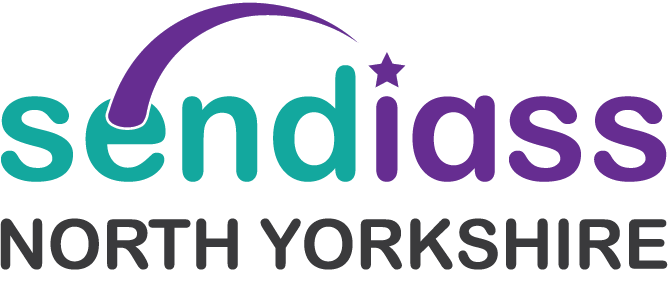Personal Budgets
What is a Personal Budget
A Personal Budget for SEN is money identified to pay for support specified in an Education, Health and Care plan (EHC plan) for a child or young person with special educational needs. It can include funds from the local authority for education and social care and from the Clinical Commissioning Group (CCG) for health.
There are four ways you can use a personal budget:
- Sometimes the local authority, school or college will look after the Personal Budget for you. This is called an Arrangement or a Notional Budget.
- Sometimes you can receive money directly to manage all or part of the Personal Budget yourself. This is called a Direct Payment.
- Sometimes you can opt to have someone else to manage the Personal Budget for you. This is called a Third Party Arrangement.
- Sometimes you can have a mixture of some or all these arrangements.
Who can have a Personal Budget?
Parents of a child with an EHC plan, or a young person with an EHC plan, can request a Personal Budget either during the drafting of an EHC plan or once the plan has been issued and is under review.
You do not need to have an EHC plan to get Personal budgets for social and health care, but once you have an EHC plan, or one is being prepared, you can request budgets for all three areas of support. You must have an EHC plan to get a Personal Budget for special educational provision. However, you do not have to have a Personal Budget.
A young person with an EHC plan can ask for their own Personal Budget after the end of the school year in which they become 16.
Sometimes the local authority or the health authority may not agree to a Personal Budget. If the local authority refuses a personal budget for special educational provision it must tell you why. You cannot appeal to the Special Educational Needs and Disability Tribunal over this refusal.
What can a Personal Budget be used for?
Personal Budgets for SEN can only fund the support set out in an EHC plan. This must be agreed by the local authority for education and care support, and by the health authority for the health provision.
A Personal Budget for educational provision cannot cover payment for a place at the school or college. A Personal Budget can include any top up funding (known as Element 3 funding). It can also include support that is managed by the school or college – but only if the Headteacher or Principal agrees.
You can find out more about what can be included in a Personal Budget in Sections 9.110 to 9.118 of the SEND Code of Practice.
What is the difference between a Personal Budget and a Direct Payment?
A Personal Budget shows you what money there is to make some of the provision specified in an EHC plan, and who provides it. The parent or young person does not actually manage the funds directly.
With a Direct Payment the parent or young person is given the money for some services and manages the funds themselves. The parent or young person is responsible for buying the service and paying for it.
A Personal Budget can include a Direct Payment if it is agreed that this is the best way to manage part of the Personal Budget.
Direct payments can be used for special educational provision in a school or college only if the school or college agrees. Local authorities can refuse a direct payment for special educational provision if it would make things worse for other children and young people with an EHC plan, or if it would be an inefficient way to pay for services. It is also possible to have a Third Party Arrangement to manage a Direct Payment.
Are there other kinds of Personal Budgets?
Yes – some people have had Personal Budgets for health provision (a Personal Health Budget) and for social care provision (e.g. Fair Access to Short Breaks). They may have managed some or all of the provision using a Direct Payment.
For further advice and support on Personal budgets please Contact us
